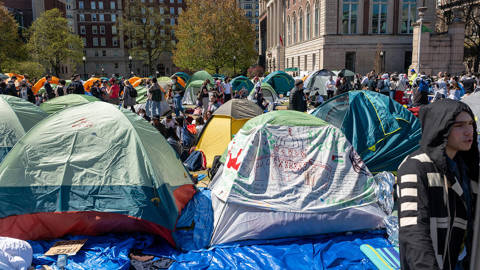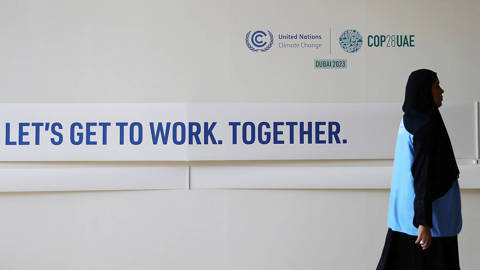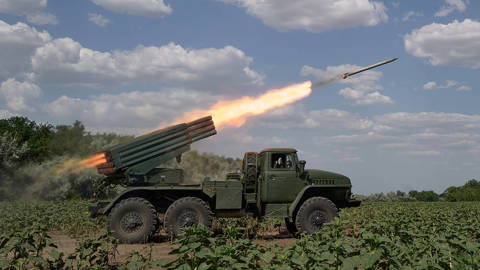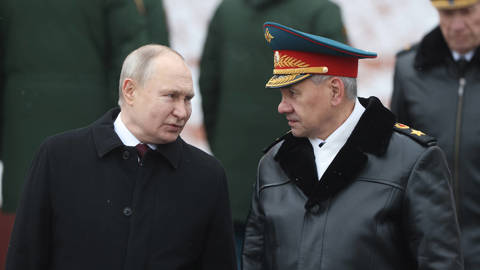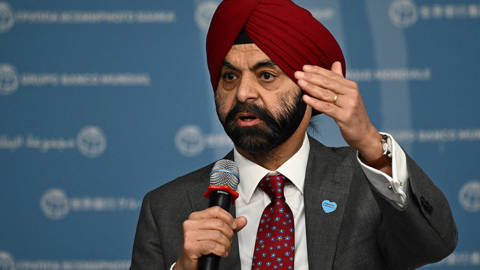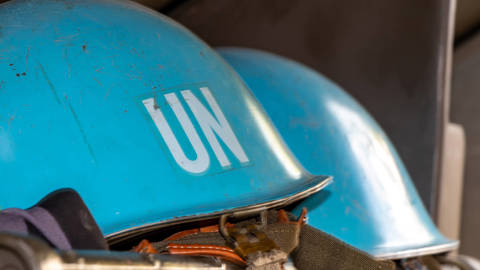Beatrice Weder di Mauro
Beatrice Weder di Mauro, Professor of International Economics at the Graduate Institute, Geneva, is President of the Centre for Economic Policy Research.
-
Debt-for-Climate Swaps Make Sense
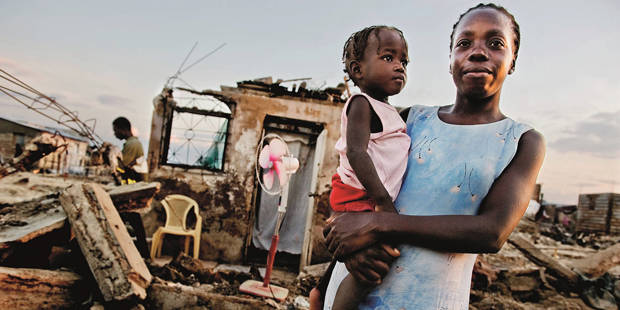
Debt-for-Climate Swaps Make Sense
Dec 4, 2021 Beatrice Weder di Mauro sees a role for debt-for-nature swaps to help low-income countries manage multiple crises simultaneously.
-
The Necessity of a Global Debt Standstill that Works
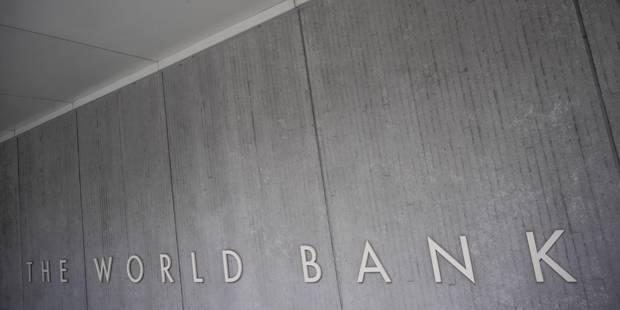
The Necessity of a Global Debt Standstill that Works
Apr 23, 2020 Patrick Bolton, et al. say any repayment freeze to help emerging economies withstand COVID-19 must include all private creditors.
-
Central Banks and the Bottom Line

Central Banks and the Bottom Line
Feb 12, 2015 Barry Eichengreen & Beatrice Weder di Mauro ask why monetary policymakers are allowing profits and losses to guide their decision-making.

